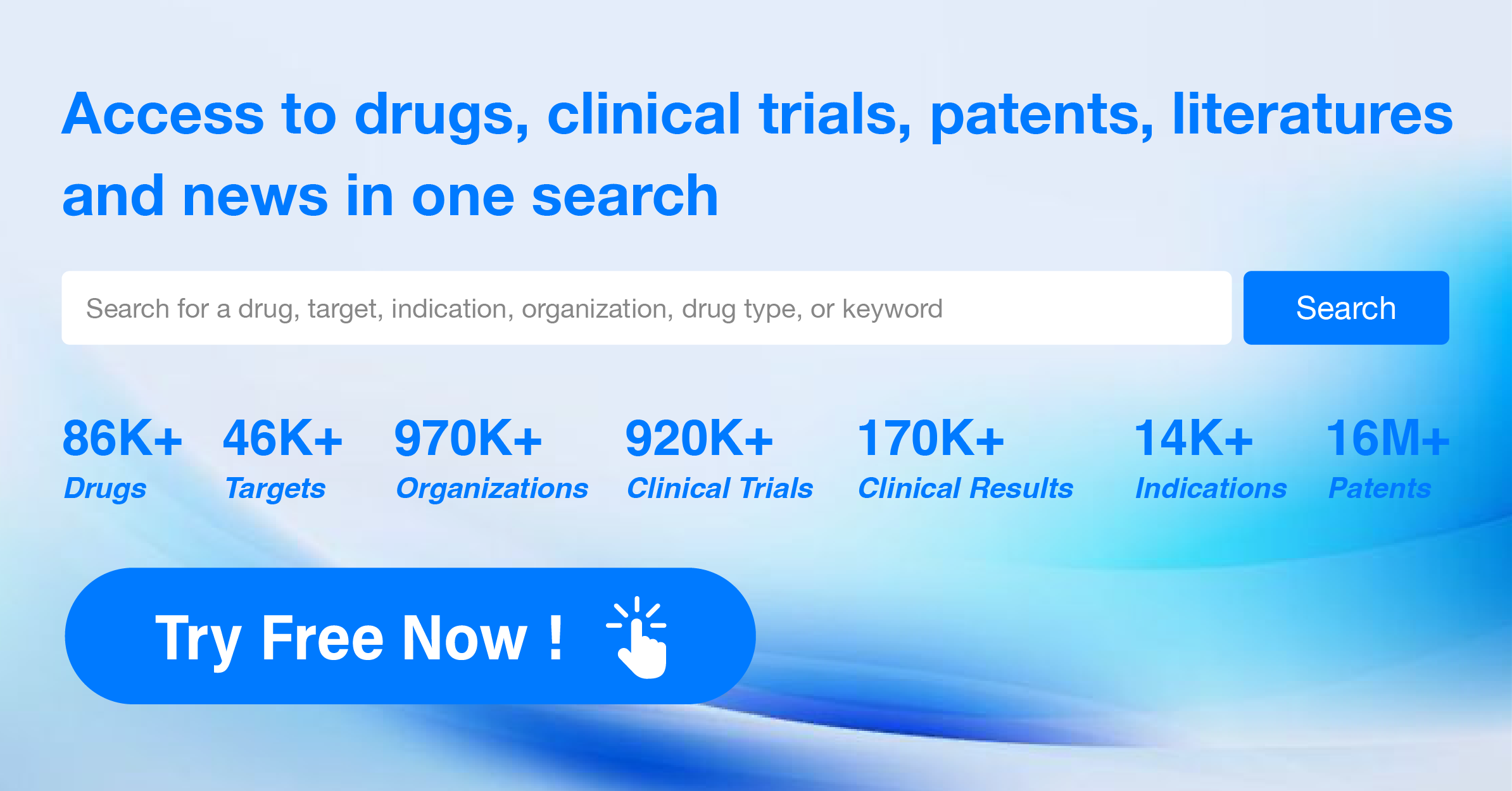Stoke Therapeutics Unveils Pivotal STK-001 Data for Dravet Syndrome Treatment
Stoke Therapeutics, a company focused on severe disease treatment through RNA-based medicine, has reported significant findings from its Phase 1/2a clinical trials and open-label extension studies for STK-001, a potential treatment for Dravet syndrome. The trials involved children and adolescents aged 2 to 18, and the data indicated that STK-001 led to substantial and sustained reductions in convulsive seizure frequency, even when added to the best available anti-seizure medications. Notably, patients who received 70mg doses experienced a median reduction of 85% at 3 months and 74% at 6 months post-treatment.
In the open-label extension studies, the observed benefits were maintained over 12 months with continued dosing, demonstrating durable seizure reduction and significant improvements in cognitive and behavioral measures. STK-001 was generally well-tolerated, with the majority of treatment-related adverse events being manageable.
Stoke Therapeutics has received clearance from the FDA for a dosing regimen of three 70mg doses, followed by continued dosing at 45mg. The company is set to discuss a registrational study design with regulatory agencies, which will include these dosages.
Dravet syndrome is a severe genetic epilepsy with a poor prognosis, often leading to intellectual disability, developmental delays, and a higher risk of sudden unexpected death in epilepsy (SUDEP). Currently, there are no approved disease-modifying therapies for this condition. STK-001, an investigational new medicine, aims to address the genetic cause of Dravet syndrome by upregulating NaV1.1 protein expression, which could reduce both the frequency of seizures and other significant comorbidities.
Stoke Therapeutics, headquartered in Bedford, Massachusetts, is advancing STK-001 through clinical trials and is also developing STK-002 for the treatment of autosomal dominant optic atrophy (ADOA). The company's approach focuses on diseases caused by haploinsufficiency and those affecting the central nervous system and the eye, with potential applicability to other organs and systems.
The company's leadership, including CEO Edward M. Kaye, M.D., and other experts, are optimistic about the potential of STK-001 as a disease-modifying therapy. They plan to meet with regulatory agencies to discuss the next steps for a randomized, controlled registrational study. Stoke Therapeutics will also host a webcast and conference call for analysts and investors to present the new data.
How to obtain the latest research advancements in the field of biopharmaceuticals?
In the Synapse database, you can keep abreast of the latest research and development advances in drugs, targets, indications, organizations, etc., anywhere and anytime, on a daily or weekly basis. Click on the image below to embark on a brand new journey of drug discovery!




